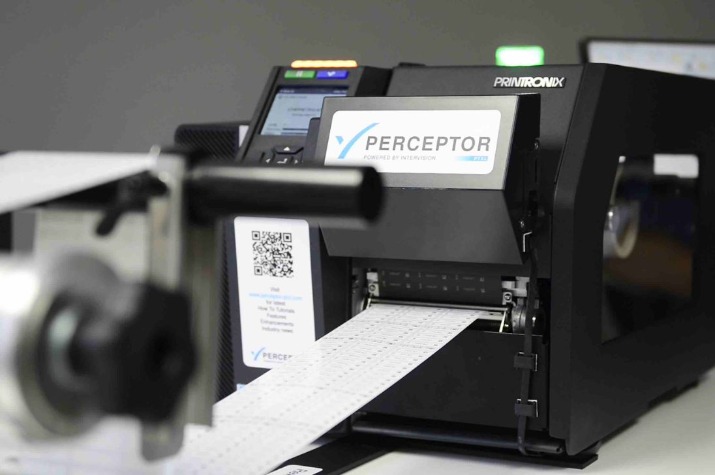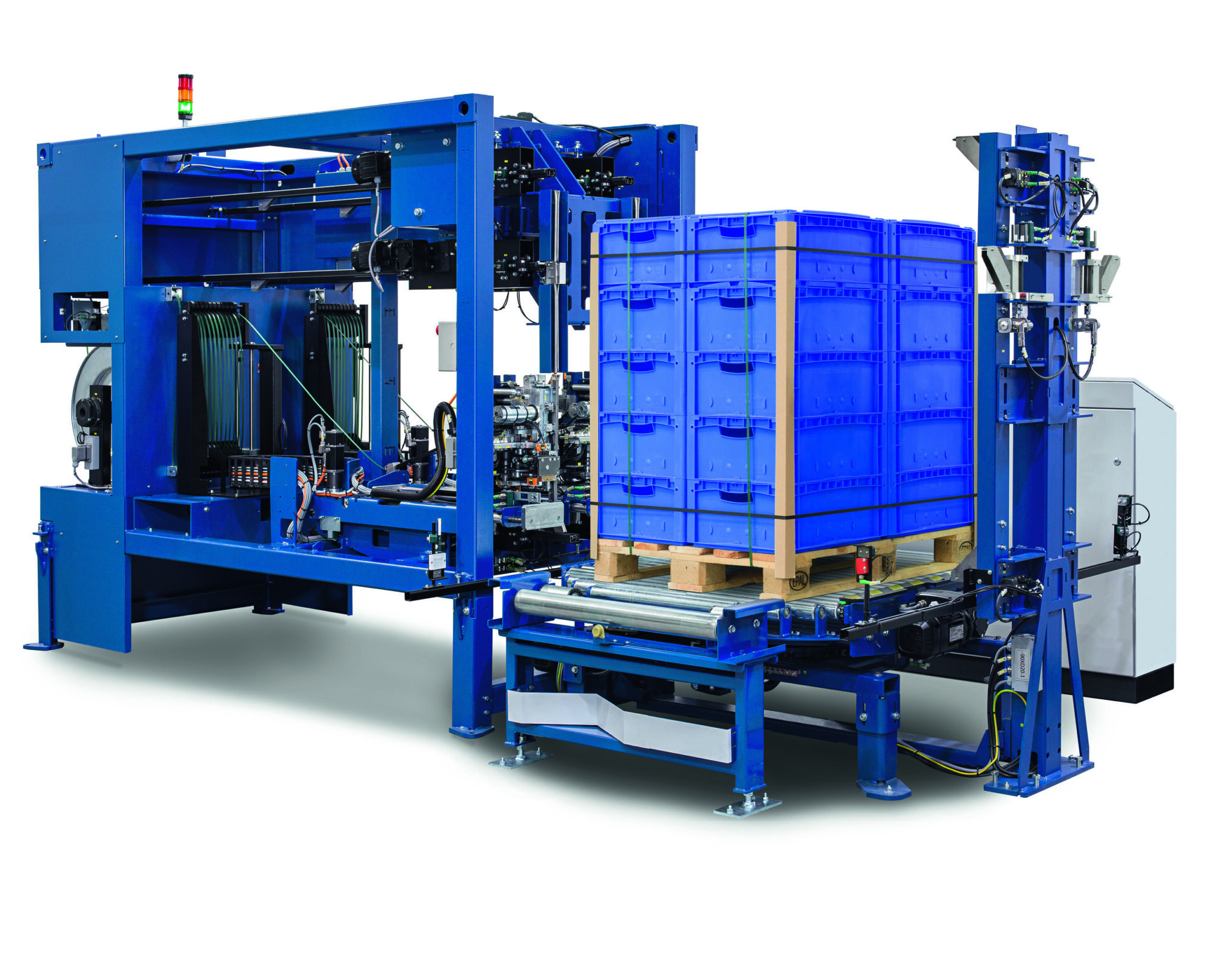Industrial packing solutions provider MSK is looking at ways to help reduce the amount of plastic used when wrapping goods for storage and transportation.
The use of film to secure loads on pallets is still frequently the packing solution that is the most economical and gentle on the environment. Nevertheless, it is possible to achieve considerable savings in material and costs with the choice of the suitable method.
That is why, through the choice of the right method, packaging unit costs can often be kept stable or even reduced, even with rising film costs. MSK has specialised in individual, comparative tests of different packaging methods as well as transport simulations with customer products from a wide range of industries.
Customer test centres set up specifically for this allow fact-based decisions related to film needs and load stability. It is also often possible to realise noticeable savings in the primary packaging through the optimisation of the secondary packaging.
Aside from the choice of packaging method (shrinking, hood stretching, or spiral stretching) another decisive factor is the choice of the packaging material – the film. Often it is possible to use thinner films or even films made of recycled material. For example, pallet loads have been packed on MSK packaging machines with films made of 98% bio-based materials – a milestone in the reduction of the CO2 footprint.
MSK consistently uses innovative technology and patented methods on its machines that allow the use of the thinnest of films with minimum film consumption.
Compared to most other pallet securing alternatives, film packaging is 100% recyclable, and is usually completely recycled in closed-loop systems. In terms of climate impermeability, film packaging is second to none: compared to packaging made of any kind of paper, film alone offers 6-sided tight moisture protection for the product.
Sustainability is increasingly made possible through the digitalisation of processes. Through MSK’s digital EMSY products, it is possible to continuously monitor and analyse MSK systems with the help of live figures and statistics, and promptly optimise them in terms of energy and film consumption.
Environmentally friendly machine concepts, saving energy and materials, minimising emissions, and making responsible use of human resources are goals which will continue to define the development and production processes of the MSK Covertech Group in the coming years.
For example, the mean energy consumption of an MSK shrink frame was 10% below the average and was reduced another 13% with the latest new development in 2020.











